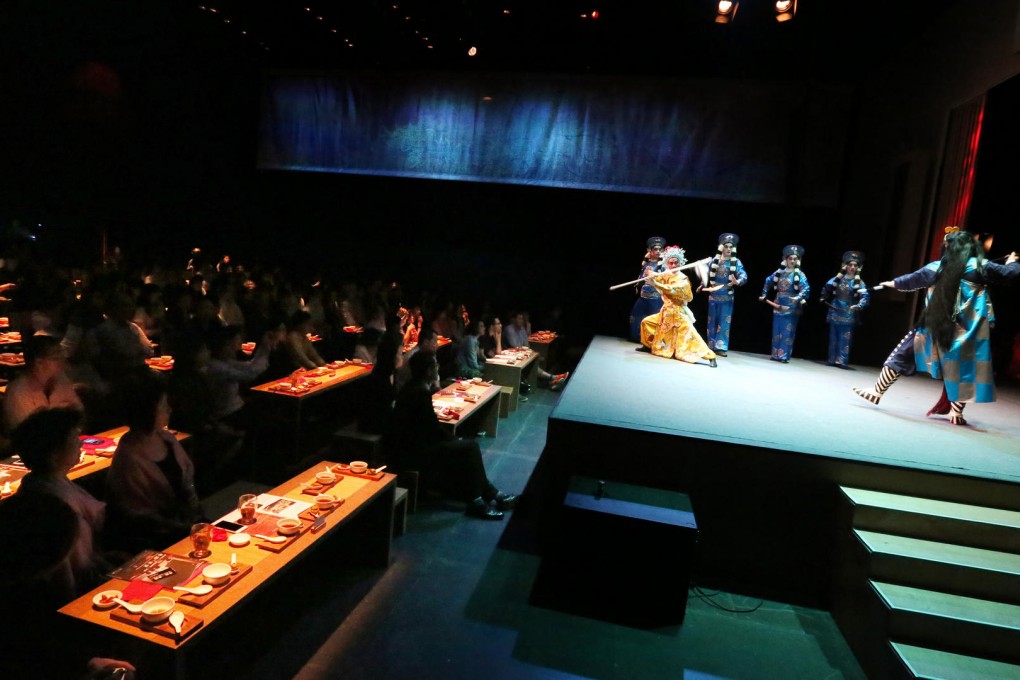Reviving the tradition of Cantonese opera in teahouses
Theatre recreates post-war restaurant ambience in trial run for planned revival of intimate shows

After the second world war, Cantonese opera lovers enjoyed nights out at Chinese restaurants, sipping tea while opera singers performed in a casual setting different from dressed-up shows in big open-air bamboo theatres.
Seventy years on, bosses of the West Kowloon waterfront arts hub want to revive the opera-with-tea tradition, but with a modern appeal targeting new opera audiences.
To that end, a "teahouse theatre" would be part of Xiqu Centre - the venue earmarked for Chinese opera, or xiqu, and slated for completion in 2017.
"It will be a smaller space where the audience will be closer to the stage," the West Kowloon Cultural District Authority's performing arts executive director Louis Yu Kwok-lit said. "They can enjoy tea and dim sum during the performance, which would be a relaxing experience."
Such a facility would be a first in the city, a step up from the restaurants of the old days where artists sang at a corner as there was no stage.
The authority has taken references from old opera houses in mainland cities, including Suzhou , Nanjing , Shanghai and Beijing, when designing the new 200-seat theatre.
"We want to create a unique experience," Yu said. "We also want to reach first-time audiences of Chinese opera, both locals and tourists. Many Hongkongers are interested in Chinese opera, but they don't know how to take the first step."